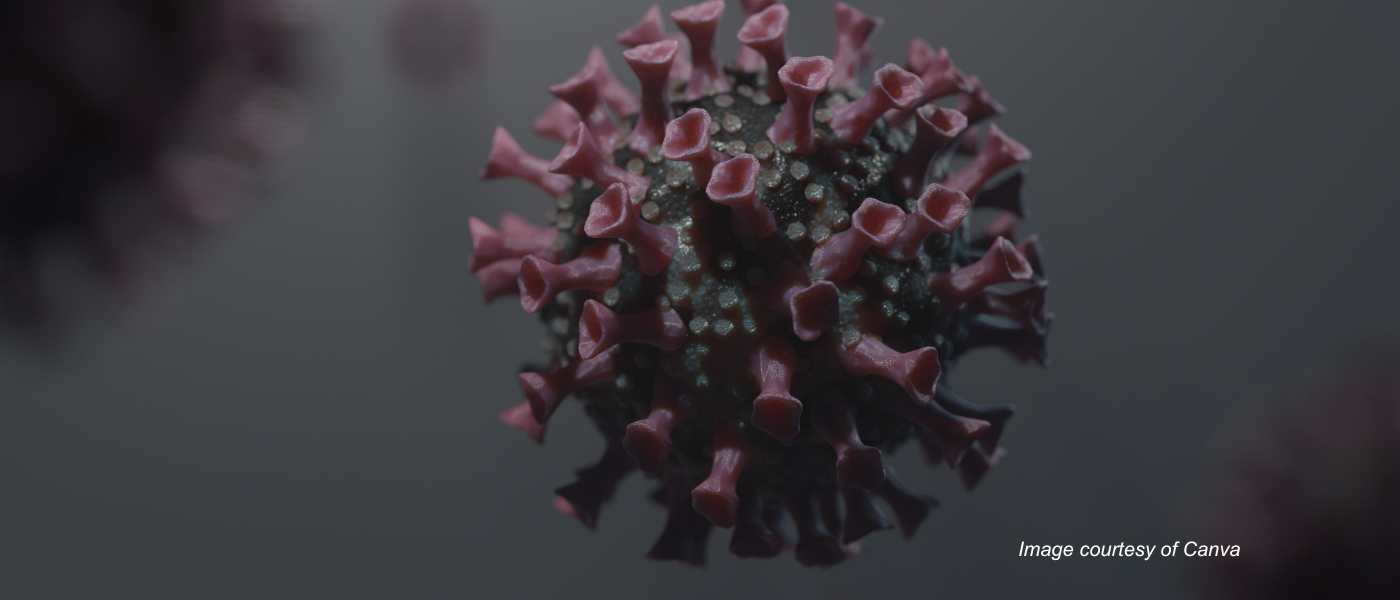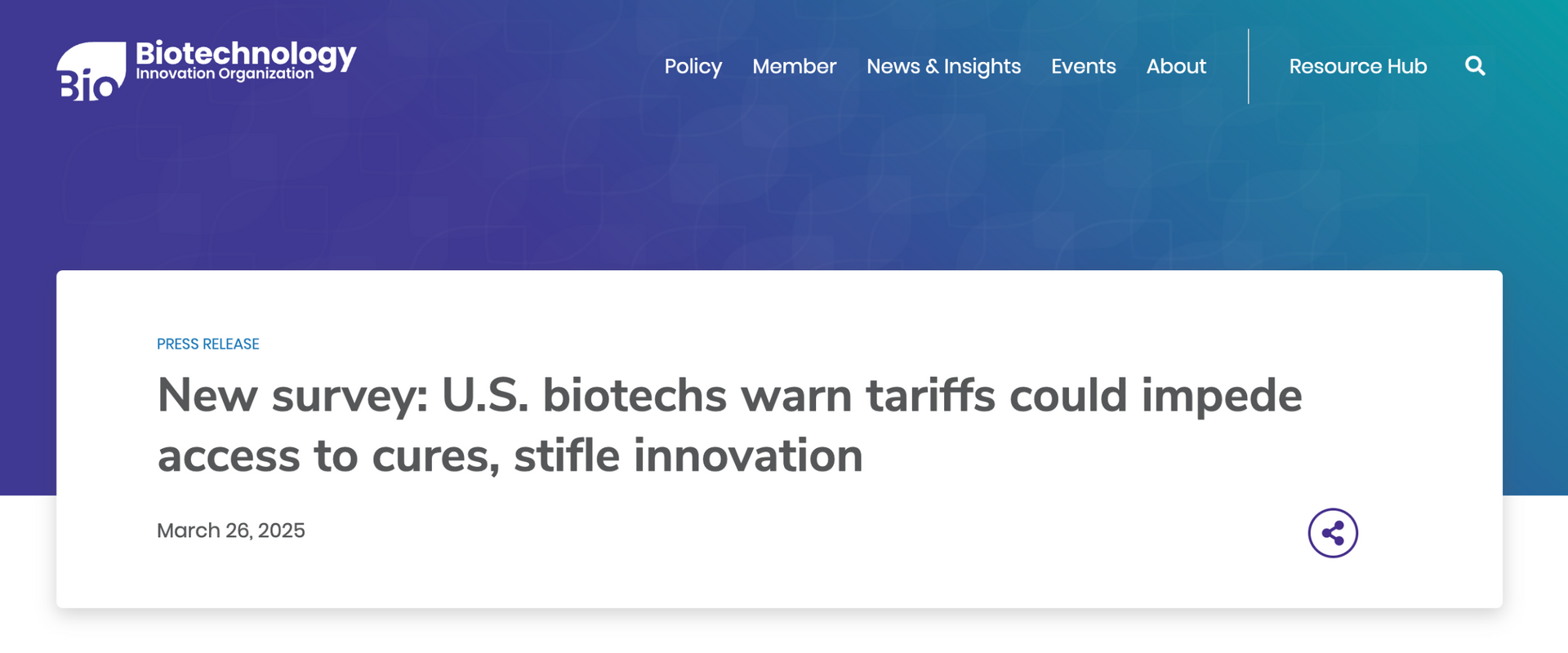Rare Disease Advisory Council Legislation Re-Introduced
New Hope for Michigan’s Rare Disease Community

In recognition of February 28th as “Rare Disease Day”, Rep. Jason Morgan (D-Ann Arbor) reintroduced legislation that would establish a Michigan Rare Disease Advisory Council. In a press release, he articulated the need for a body whose mission would be to help inform, evaluate and advise on policies and issues related to rare disease research, diagnosis, treatment, education, and accessibility to care, and to generally serve as a voice for Michigan’s rare disease community to state government.
The newly introduced bill is the fifth attempt in Michigan to form an RDAC since 2018. North Carolina was the first to launch such an advisory group in 2015 largely driven by rare disease advocates and families wanting to make a difference. Since then, 29 additional states have created similar councils.
In October 2024, the State of Michigan’s Department of Health & Human Services implemented a RDAC administratively in advance of anticipated legislative action. The group is in the early stages of defining its mission and workplan, but one goal remains and that is embody the group in statute and ensure a long-term commitment to addressing concerns by Michigan’s rare disease community. The MI RDAC is led by Stephen Rapundalo, CEO of MichBio and Laura Bonnell, President of the Bonnell Foundation.
RECENT ARTICLES




